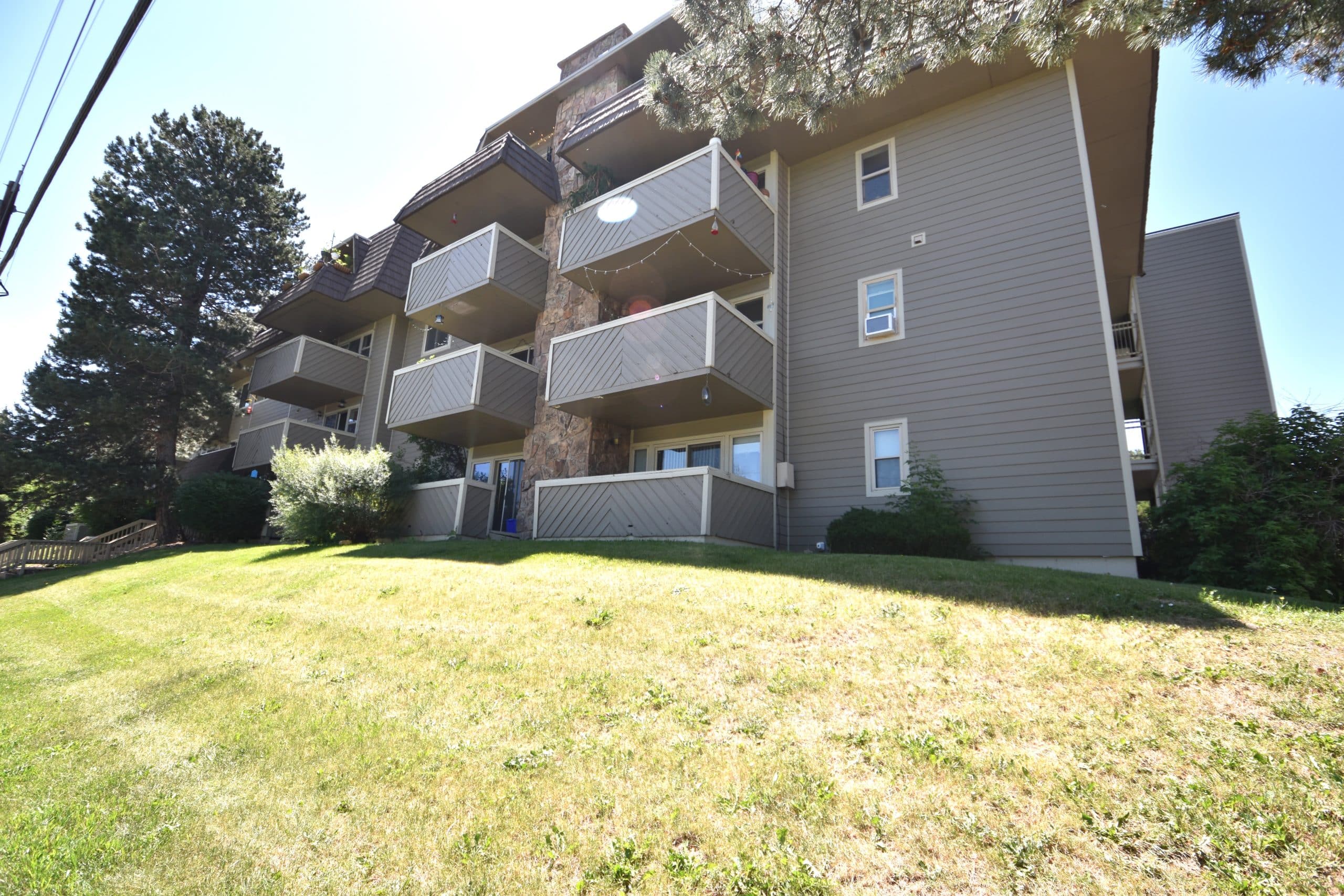How Much Risk Are You Carrying?
- When was the last time you updated your lease language? If it was before 2024, you’re likely at risk.
- Do you have written tenant screening criteria? Without them, you’re vulnerable to discrimination claims.
- Do you know how to handle a non-paying tenant now that no-fault evictions are gone?
- Do you have an emergency vendor plan to meet the 24-hour repair rule?
If you answered “I’m not sure” to any of these, you could be exposed to costly compliance issues. Get a personalized review of YOUR rental property’s compliance risks.
New Habitability Rules That Could Drain Your Rental Profits Overnight
Owning rental property in Longmont has always carried responsibilities, but Colorado’s latest rental law updates dramatically raise the stakes. Under the new rules, habitability requirements and tenant protections are stricter than ever, and small oversights could cost you thousands in hotel bills, lost rent, or even legal penalties.
If your furnace fails in January or your electrical system creates a safety hazard, you now have just 24 hours to begin addressing the problem. If you can’t make the unit livable within that time, you may also be required to pay for a comparable unit or a hotel at no cost to the tenant. That’s on top of presumptions of non-compliance that can be triggered in as little as seven days.
For landlords in Longmont, where contractors may not always be available on short notice, these changes pose significant risk. Here’s what you need to know.
Habitability Rules Are Sharper Than Ever
Colorado’s updated habitability laws define strict timelines for addressing issues that interfere with a tenant’s life, health, or safety:
- 24-hour start: You must begin repairs within one day of being notified.
- Hotel or temporary housing: Upon tenant request, you must provide a comparable unit or pay for a hotel while the issue is being repaired.
Presumptions of non-compliance: If the problem isn’t fixed, the law presumes non-compliance after 7 days for life/health/safety issues or 14 days for other uninhabitable conditions.
For example, if a furnace breaks during January, landlords could be on the hook for $150 per night at a local hotel until the repair is complete.
Don’t know where to start? We’ll show you exactly what to do first. Free 15-minute strategy session – no obligations
No-Fault Evictions Are Gone
Another major change came with HB24-1098, signed in April 2024. Landlords can no longer simply choose not to renew a lease without cause. You must now establish a “cause-based” reason to end tenancy.
This puts pressure on landlords to:
- Track lease compliance issues from the start.
- Document every violation, late payment, or lease breach.
- Maintain clear records that can hold up in court.
Failing to do so could result in being stuck with a problem tenant for several extra months—potentially costing $6,000 to $12,000 in lost rent for a $2,000/month property.
New Lease Disclosure Requirements
Colorado is also tightening requirements for lease transparency. In certain cases, leases must now include bilingual disclosures. For landlords in Longmont, where the tenant population is diverse, failing to comply could create additional liability and defense opportunities for tenants in disputes.

How Landlords in Longmont Can Protect Themselves
The good news: with preparation, you can avoid the worst risks. Here’s where to start:
- Line up emergency contractors now (HVAC, plumbing, electrical) so you can respond quickly.
- Maintain a repair reserve fund that accounts for potential temporary housing costs.
- Track lease compliance consistently, documenting all violations and communications.
- Review and update your leases to ensure they comply with the latest state requirements.
Why Professional Property Management Is the Safer Choice
For landlords, keeping up with these legal updates while handling maintenance, tenant issues, and documentation can feel overwhelming. Professional property management can:
- Ensure your leases and screening practices are fully compliant.
- Maintain 24-hour response systems with trusted contractors.
- Handle habitability claims and tenant relocation logistics.
- Provide the documentation you’ll need if eviction becomes necessary.
If these new laws feel like too much to manage on your own, partnering with a trusted management company in Boulder County can help you stay compliant, protect your investment, and avoid costly mistakes.
Stop Gambling with Your Investment
Colorado’s new habitability and tenant protection laws aren’t just technical updates—they can directly impact your rental income and financial security. For landlords in Longmont, the combination of strict timelines, hotel obligations, and stronger tenant defenses makes professional oversight more valuable than ever.
Don’t leave compliance to chance. Prepare now, and you’ll avoid costly surprises later. Every day you delay compliance puts thousands at risk. IMMEDIATE PROTECTION AVAILABLE
– Access our lease compliance review
– Access our Emergency contractor network
Secure Your Property NOW – Call (303) 473-9559
References
- Colorado General Assembly. HB24-1098 – Cause Required for Eviction of Residential Tenant. Signed April 19, 2024. Available at: https://leg.colorado.gov/bills/hb24-1098
- Colorado General Assembly. 2024 Habitability Law Updates – Residential Premises. Accessed August 2025. Available at: https://leg.colorado.gov
- Colorado Revised Statutes. C.R.S. § 38-12-503: Warranty of Habitability. Accessed August 2025. Available at: https://law.justia.com/codes/colorado/
